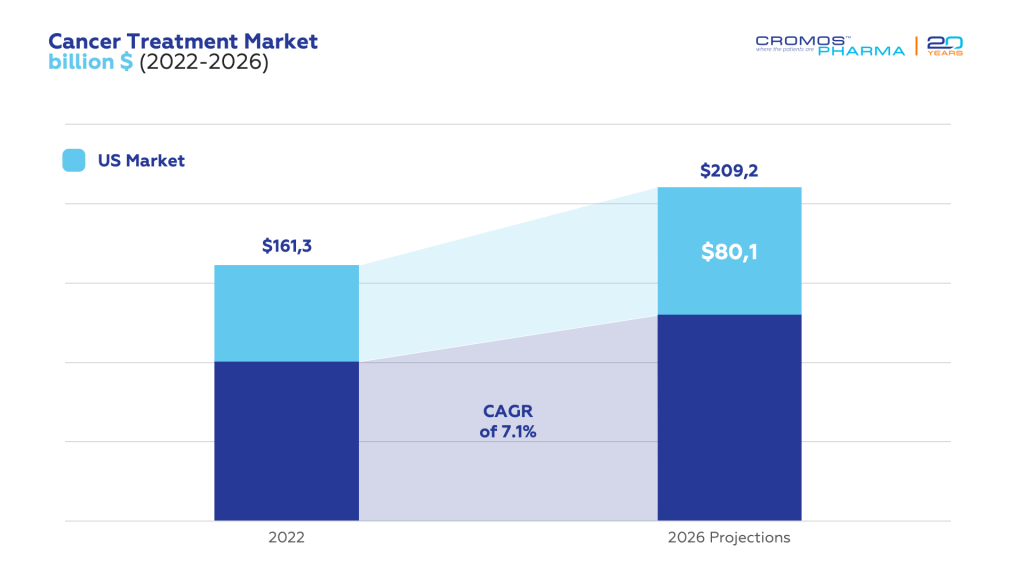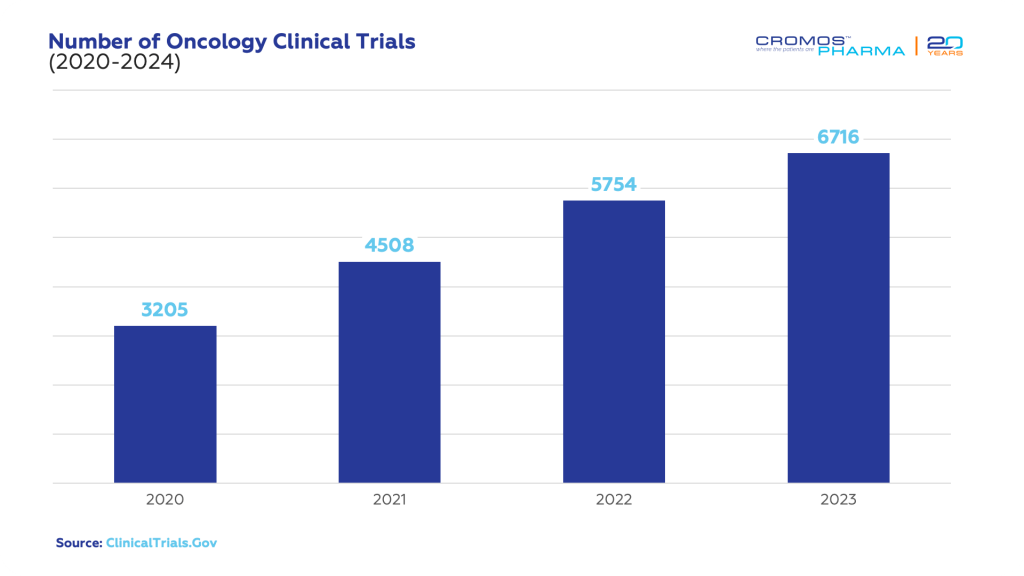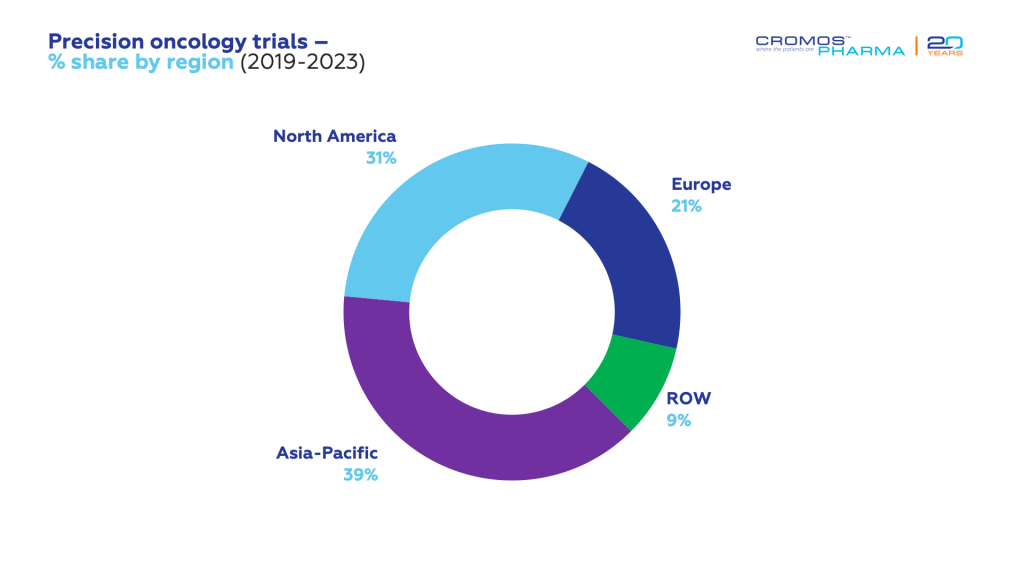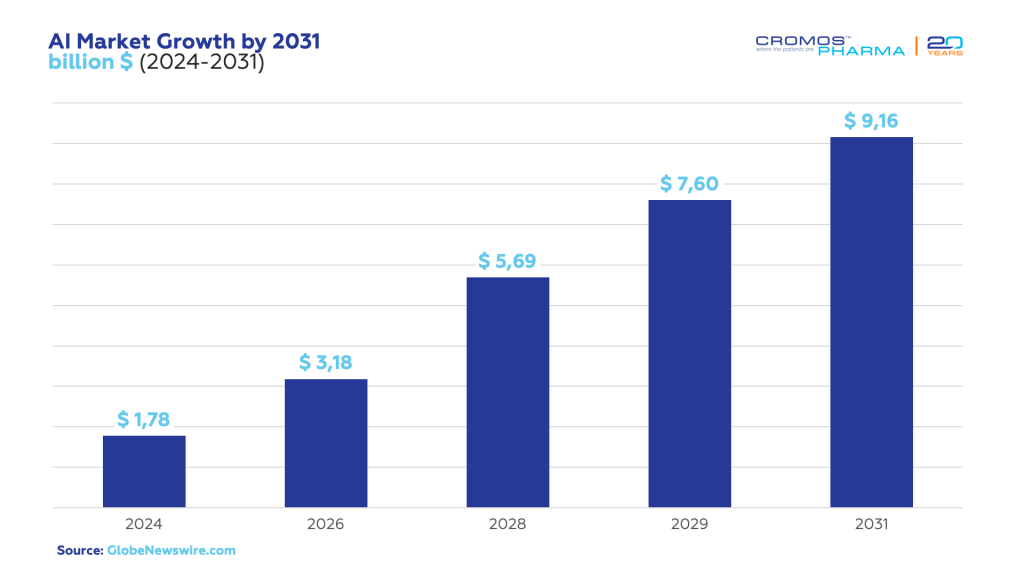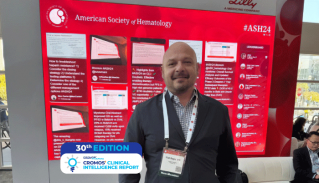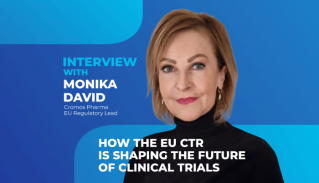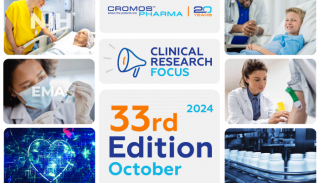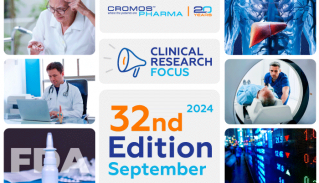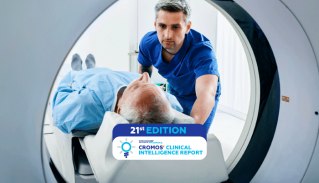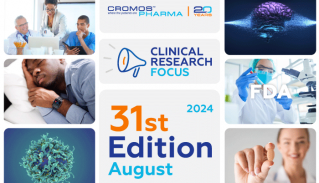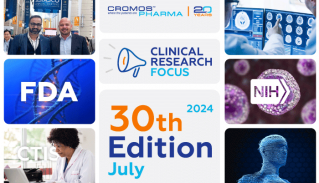
Anticipating ASCO: Key Trends in Oncology Clinical Research
As we approach the American Society of Clinical Oncology (ASCO) conference, the oncology community is abuzz with anticipation. Recognized as a premier event in the field, ASCO serves as a critical platform for presenting groundbreaking research, discussing innovative treatments, and sharing advancements that shape the future of cancer care.
The significance of ASCO is underscored by its role as a catalyst for international collaboration and knowledge exchange. Annually, the conference attracts thousands of professionals who delve into the latest trends, technologies, and therapeutic approaches in oncology.
Clinical Trial Trends: Dominance in Oncology Research
Oncology trials lead globally across all therapeutic areas in terms of both ongoing activities and anticipated completions in 2024. The market for clinical trials is experiencing substantial growth, with the oncology segment expanding in parallel. This surge is supported by significant financial investments within the sector.
The worldwide cancer treatment market, valued at $161.3 billion in 2022, is projected to reach $209.2 billion by 2026, demonstrating a compound annual growth rate (CAGR) of 7.1%. The U.S. market, which constitutes 38.3% of the global market, is forecasted to achieve $80,1 billion by 2026. This financial growth reflects an escalating commitment to oncology research within the healthcare industry.
An increasing number of studies further illustrate this trend. From 3,205 oncology studies in 2020, the number rose to 6,716 by 2023. In 2024, oncology is expected to remain the leading area of therapeutic study with 6,528 trials set to conclude, outpacing all other therapeutic areas and underscoring a sustained focus on cancer research.
The growing volume of oncology trials not only reflects the ongoing need for advancements in cancer treatment but also suggests a prosperous outlook for CROs specializing in this field. These organizations are poised to benefit immensely as the demand for their services in conducting and managing oncology trials continues to grow.
The Rise of Precision Oncology
From 2019 to 2023, the field of oncology experienced a notable expansion with thousands of active trials, of which 30% were dedicated to precision oncology. This trend emphasizes the growing importance of targeted treatments in cancer research, highlighting a significant shift towards developing therapies that are tailored to individual genetic profiles.
Regionally, the Asia-Pacific leads in precision oncology trials with 39%, primarily driven by China. North America follows with 31%, with the USA playing a pivotal role. Europe contributes 21%, demonstrating strong involvement, while the Rest of the World accounts for 9%, highlighting the global scope of these efforts.
Precision oncology is moving away from one-size-fits-all treatments, focusing instead on personalized strategies based on patients’ unique genetic profiles. This shift is paving the way for a new paradigm in highly personalized cancer care.
How AI is Transforming Oncology Field
The GlobeNewswire illuminates significant progress in healthcare AI, with a particular focus on oncology. It predicts that the market for AI in this specialty will burgeon from $1.78 billion in 2024 to an impressive $9.16 billion by 2031, reflecting a robust compound annual growth rate (CAGR) of 33.7%. North America is expected to spearhead this growth, supported by major industry players such as IBM Corporation, Siemens Healthineers AG, Intel Corporation, and GE HealthCare, which play crucial roles in driving regional advancements.
Recent innovations in the field include a partnership between Microsoft Corporation and Paige AI, Inc., formed on September 7, 2023, which aims to develop the world’s largest image-based AI models for digital pathology and oncology. In a similar vein, in October 2022, Model Medicines introduced Galileo, an AI-driven platform dedicated to the discovery of drugs for hematological and solid tumors.
Further developments have been seen with the launch of the CertisAI platform by Certis Oncology Solutions in April 2023. This platform leverages big data and machine learning to study predictive biomarkers, thereby advancing the development of oncology drugs.
The application of AI in oncology extends beyond drug development to include drug discovery, clinical trials, and patient recruitment. For example, OpenAI’s GPT-3 enhances AI applications in these areas, while Ocean Genomics uses AI to identify predictive variants in mRNA. Companies such as Akkure Genomics, Deep6 AI, and MatchMiner are deploying AI to streamline patient recruitment.
AI is set to substantially expand its role in oncology by enhancing diagnosis and treatment. It increases diagnostic precision by analyzing large datasets and refines treatment plans by predicting outcomes and personalizing therapies. Additionally, AI’s analysis of molecular data aids in drug discovery and precision medicine, identifying new targets and biomarkers. This broad application of AI promises to revolutionize oncology, improving patient care and treatment approaches.
With a projected 75% increase in global cancer cases by 2050, CROs are essential in advancing clinical trials. Cromos Pharma, with over 20 years of experience and involvement in more than 350 Phase I-IV studies, prioritizes sponsors’ goals and aims to make a significant impact on oncology research. Our team of experts provides a comprehensive approach to navigating the complexities of this field, enhancing patient participation, data collection, and overall trial efficiency.
Let Cromos Pharma be your partner in advancing cancer clinical trials, demonstrating our commitment to developing treatments that improve patient outcomes.
For further details or to schedule an introductory meeting to discover how Cromos Pharma’s expertise can enhance your next clinical project, please contact us at inquiry@cromospharma.com.
We look forward to collaborating and contributing to the success of your research endeavors.

